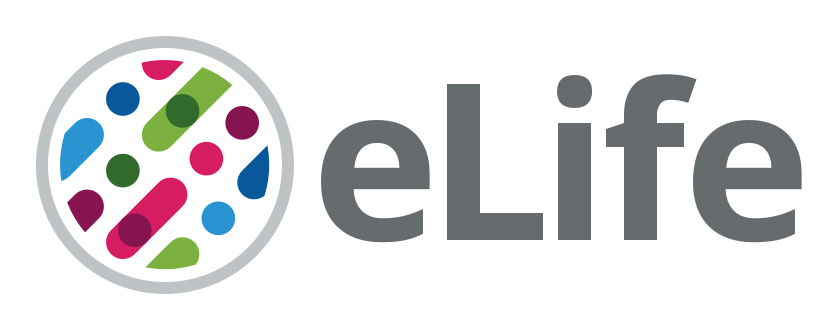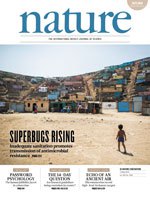Clarivate, the data company for scholarly publications, has decided to continue indexing some content from eLife in Web of Science, after reevaluating the open-access biology journal’s unusual practice of publishing articles without accepting or rejecting them. The journal will not receive an Impact Factor.
Last month, Clarivate paused indexing new content from eLife, citing a policy on “Coverage of journals/platforms in which publication is decoupled from validation by peer review.”
eLife last year adopted a new model in which it publishes every manuscript its editors send out for review, along with the text of the reviews and an editor’s assessment of the significance of the findings in the paper and the strength of the evidence presented. The editorial assessments of the paper can be “exceptional,” “compelling,” “convincing,” “solid,” “incomplete,” or “inadequate.”
Continue reading eLife won’t get an impact factor, says Clarivate
 We have news of two upcoming retractions, both following critiques on PubPeer.
We have news of two upcoming retractions, both following critiques on PubPeer.
 Nearly five years ago, researchers suggested that the vast majority of preclinical cancer research
Nearly five years ago, researchers suggested that the vast majority of preclinical cancer research  If you need evidence of the value of transparency in science, check out a pair of recent corrections in the structural biology literature.
If you need evidence of the value of transparency in science, check out a pair of recent corrections in the structural biology literature.